The Best Psychedelic Treatment for Depression
Depression is a debilitating and widespread mental health condition affecting millions worldwide. While traditional antidepressant medications have been effective for many, they have drawbacks. Psychedelics, on the other hand, may offer a promising alternative to treating depression. This article will explore how psychedelics work, their potential benefits, and their potential risks.
Introduction
Depression is a complex condition that affects millions of people worldwide. While traditional antidepressants have been effective for many, they have drawbacks. On the other hand, psychedelics have shown promise in recent studies as a potential treatment for depression.
What are Psychedelics? – Psychedelic High
Psychedelics are drugs that alter perception, mood, and cognitive processes. They include substances such as LSD, psilocybin, and DMT. These drugs are often associated with the counterculture of the 1960s and are commonly called “hallucinogens.“ buying psychedelics online
How do Psychedelics Work? – Psychedelic High
Psychedelics work by interacting with the brain’s serotonin system, specifically the 5-HT2A receptor. By binding to these receptors, psychedelics increase serotonin levels in the brain, leading to mood, perception, and cognition changes. Psychedelic Treatment for Depression
Potential Benefits of Psychedelics for Depression
Rapid Onset
The most significant benefit of psychedelics to treat depression is their rapid onset. Traditional antidepressants can take weeks or even months to take effect, whereas psychedelics have been shown to produce results in as little as one or two sessions.
Long-Lasting Effects
Another potential benefit of psychedelics is their long-lasting effects. While traditional antidepressants need to be taken daily, the impact of a single psychedelic session can last weeks or even months.
Increased Emotional Connection
Studies have shown that psychedelics can increase emotional connection and empathy, which may be particularly beneficial for those suffering from depression.
Reduced Symptoms of Anxiety
In addition to treating depression, psychedelics have also been shown to reduce symptoms of anxiety, which often co-occur with depression.
Risks of Psychedelics

While psychedelics may offer a promising alternative to traditional antidepressants, they are not without their risks. The following are some potential risks associate with using psychedelics to treat depression.
Psychosis
In rare cases, psychedelics can induce psychosis by losing touch with reality.
Flashbacks
Another potential risk of using psychedelics is the development of flashbacks, which are intense and often disturbing hallucinations that can occur long after the drug has been consumed.
Addiction
While psychedelics are not consider addictive traditionally, repeated use can lead to tolerance, which may increase the risk of addiction.
Legal and Social Stigma – Psychedelic High
Psychedelics are currently illegal in many parts of the world, and their use can carry a significant social stigma.
Conclusion – Psychedelic High
While traditional antidepressants have been effective for many, they have drawbacks. Psychedelics may offer a promising alternative to treating depression, with rapid onset, long-lasting effects, increased emotional connection, and reduced anxiety symptoms. However, they are not without risks, including the potential for psychosis, flashbacks, addiction, and legal and social stigma. Psychedelic Treatment for Depression
Depression – Psychedelic High
Depression is among the most researched indications for psilocybin therapy. Healthline reported last year that the FDA gave psilocybin therapy breakthrough (a review fast track) for treating depression.
The Usona Institute, a psychedelic research center, is currently in the planning stages of its phase III trial, which will likely begin this year. Psychedelic for sale
Smoking cessation and other addictions – Buy Psilocybin mushroom
In a small pilot study from Johns Hopkins University Trusted Source, researchers found that psilocybin therapy significantly improved abstaining from smoking over a 12-month follow-up period.
Matthew Johnson, Ph.D., associate professor of psychiatry and behavioral sciences at Johns Hopkins University School of Medicine, led that study.
According to him, psilocybin can also potentially treat other substance use disorders, including alcohol and cocaine addiction. where to buy psychedelics dc
The general idea is the nature of these disorders is a narrowed mental and behavioral repertoire, he told Healthline. So, [psilocybin] in well-orchestrated sessions [has] the ability to essentially shake someone out of their routine to give a glimpse of a larger picture and create a mental plasticity with which people can step outside of those problems. Psychedelic Treatment for Depression
A small open-label studyTrusted Source on psilocybin and alcohol dependence found that following treatment, both drinking and heavy drinking declined.
Cancer-related psychological distress – Psychedelic High

There have been some promising preliminary results in treating overwhelming existential anxiety in people facing the end of life with diagnoses of advanced-stage cancer. Dr. Charles Grob, professor of psychiatry at the UCLA David Geffen School of Medicine, told Healthline. psilocybin mushroom for sale
Grob, also affiliated with the Heffter Research Institute, has studied psilocybin extensively and authored research on the subject, including, among other things, a pilot study by Trusted Source in 2011 on psilocybin treatment for anxiety in people with cancer.
A randomized, double-blind trial from Johns Hopkins in 2016 found that a single dose of psilocybin substantially improved quality of life and decreased depression and anxiety in people with life-threatening cancer diagnoses.
The thing that we have the most evidence for is cancer-related depression and anxiety. That seems strong, and I’d be surprised if those results didn’t hold up,” Johnson said, who was part of that research.
FAQs
- Are psychedelics legal?
Psychedelics are illegal in many parts of the world, including the United States. However, there is growing interest in their potential therapeutic use, and some jurisdictions have decriminalized them.
While psychedelics are not consider addictive traditionally, repeated use can lead to tolerance, which may increase the risk of addiction. It is essential to use these drugs under the supervision of a trained professional to minimize this risk.
Psychedelic treatments have a much faster onset than traditional antidepressants and can produce longer-lasting effects. They also have a different mechanism of action, with psychedelics interacting with the serotonin system rather than directly altering levels of neurotransmitters like traditional antidepressants.
- What are some of the potential side effects of using psychedelics?
Potential side effects of psychedelics can include nausea, dizziness, and changes in mood or perception. In rare cases, psychedelics can also lead to more severe side effects such as psychosis or flashbacks.
- Is it safe to use psychedelics to treat depression?
While psychedelics show promise as a potential treatment for depression, it is essential to use them under the supervision of a trained professional. Psychedelic therapy is unsuitable for everyone and can carry risks, particularly for those with a history of psychosis or other psychiatric conditions. Speaking with a healthcare provider is essential to determine if psychedelic therapy is right for you. Psychedelic Treatment for Depression


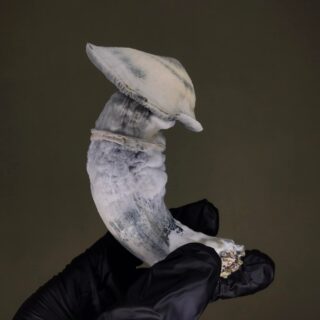
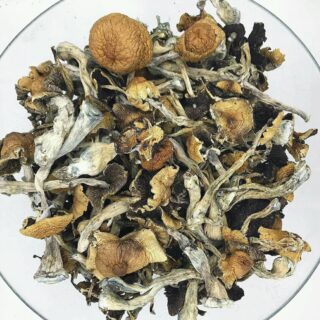
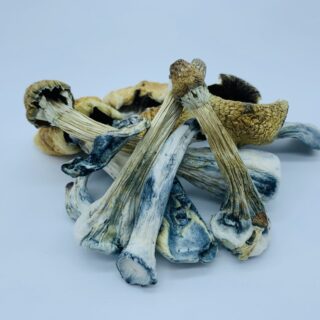
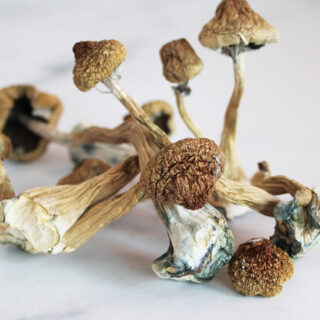
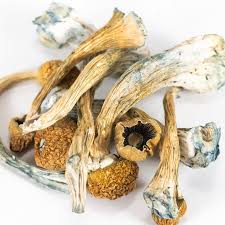
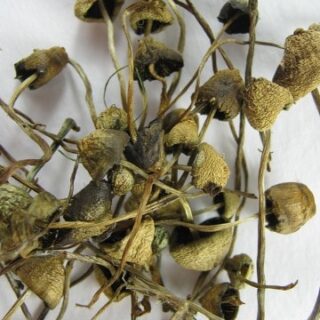
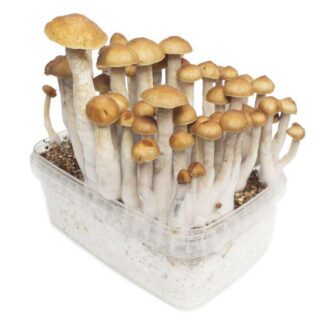
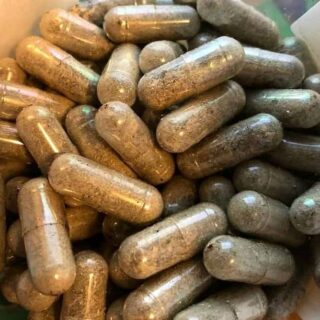
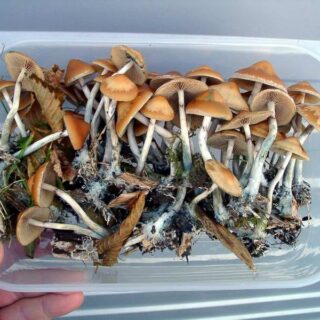
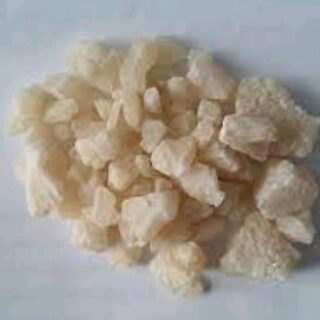
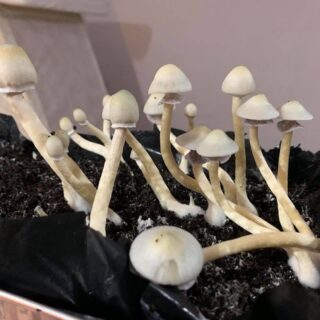
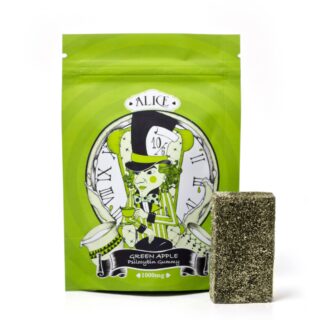
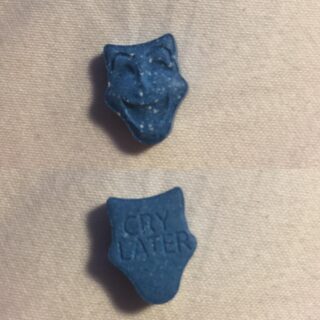
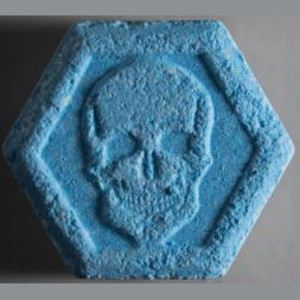

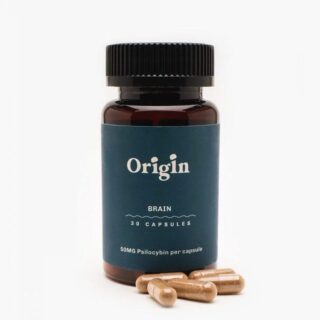
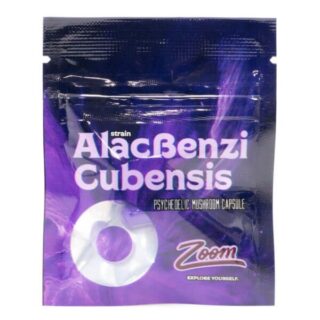
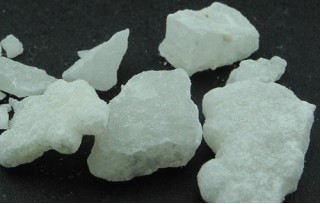





Leave a Reply